
5 Mistakes Costing in Real Estate Photography and How to Avoid Them
Introduction
In today’s fast-moving real estate market, visuals are the first—and often only—chance to make a powerful impression. According to the National Association of Realtors (NAR), 97% of homebuyers begin their home search online, and homes with high-quality photos receive 118% more views than those with lower-quality visuals.
Despite this, many real estate agents and sellers still make avoidable errors that damage a property’s presentation. These mistakes costing in real estate photography don’t just hurt aesthetics—they actively reduce buyer interest and perceived value.
This blog will cover five of the most damaging and frequent photography errors in real estate and how to avoid them for better-performing listings and faster sales.
Poor Lighting and No Exposure Bracketing: A Top Cause of Mistakes Costing in Real Estate Photography
Lighting is the foundation of every good photo. Yet one of the most overlooked mistakes costing in real estate photography is failing to balance light correctly. When photographers rely solely on auto-exposure, windows often appear overexposed while interiors look too dark or dingy.
Why It Matters:
Poor lighting makes homes feel smaller, colder, and less inviting.
Listings with balanced lighting and clear visuals sell 32% faster than poorly lit homes (Redfin, 2023).
Overexposed or underexposed areas distract buyers from the property’s actual features.
The Fix:
Use HDR (High Dynamic Range) or exposure bracketing, which involves taking multiple shots at various exposures and merging them to create a balanced, well-lit final image. If this technique isn’t possible in-camera, editing software or professional services can blend exposures to achieve similar results.

Before: Uncorrected and HDR photo
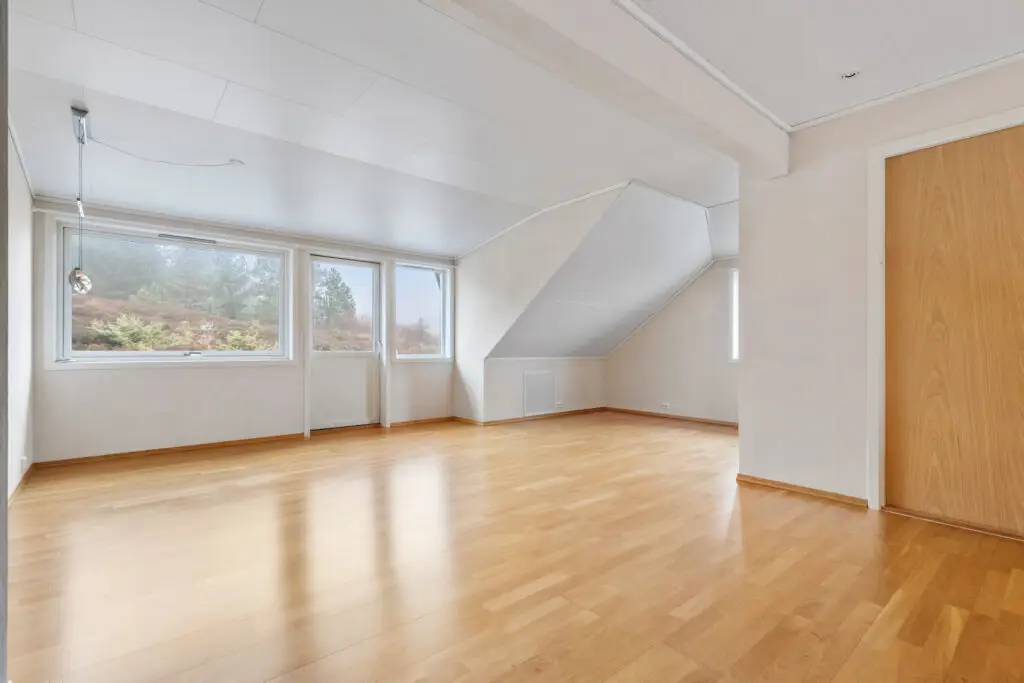
After: Bright and HDR photo by Digihomestudio.com
Skipping Home Prep: A Common and Costly Oversight in Mistakes Costing in Real Estate Photography
A clean, tidy home allows buyers to focus on space, light, and layout. When clutter, personal items, or disorganized furniture dominate the photo, it distracts the viewer and diminishes appeal.
This is one of the most basic mistakes costing in real estate photography and also one of the easiest to avoid.
Why It Matters:
83% of buyers say staging helps them visualize a property as their future home (NAR, 2023).
Homes that appear clean and depersonalized in photos sell 40% faster and often for higher prices (Zillow).
The Fix:
Always prep the home before shooting. Remove:
Personal items (toiletries, pet bowls, shoes, family photos)
Clutter (papers, toys, dirty dishes)
Visible cords, garbage bins, or laundry
Make beds neatly, fluff pillows, and straighten furniture. In cases where in-person decluttering isn’t feasible, consider virtual decluttering during post-processing.

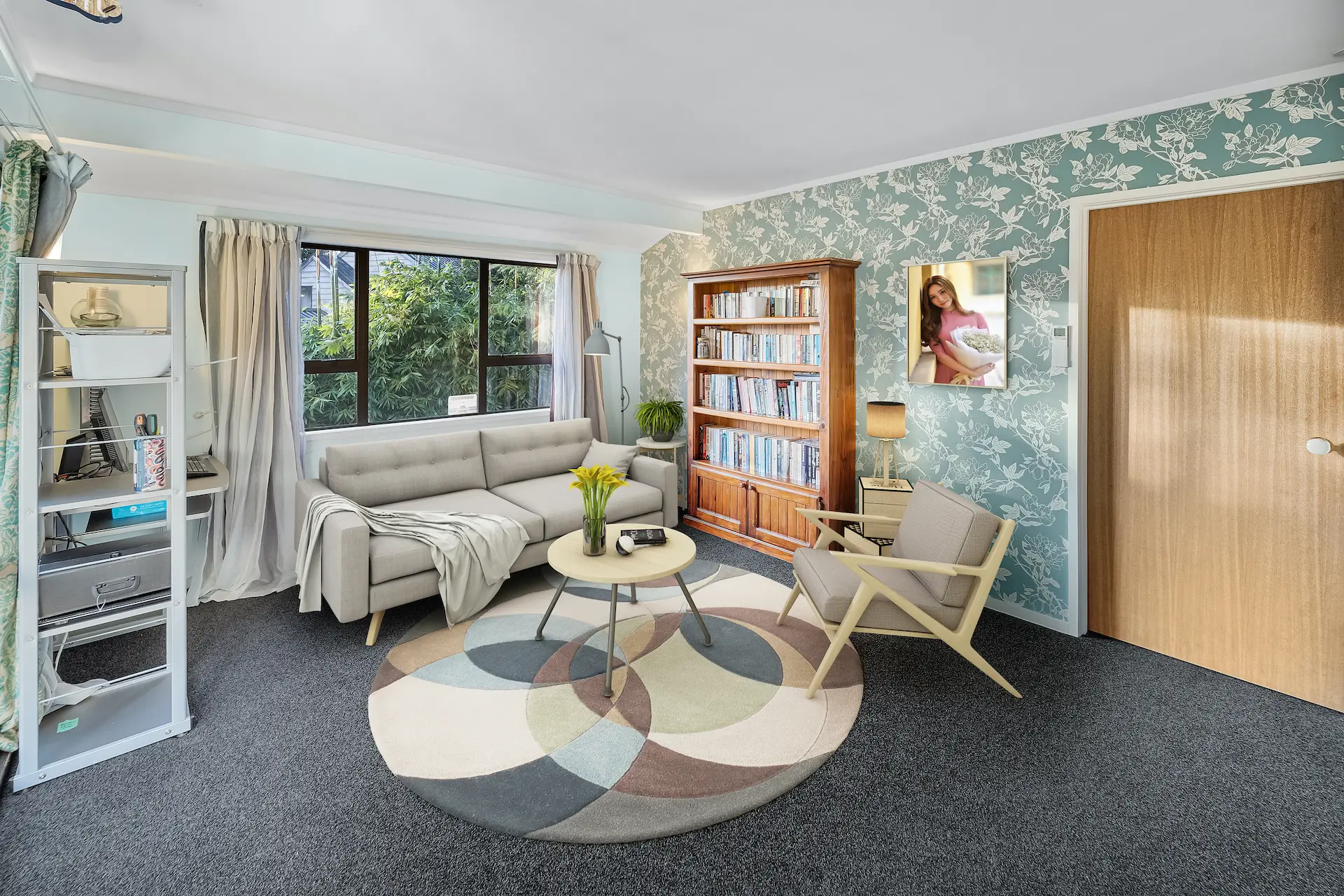
Crooked Shots and Bad Framing: A Visual Offense Among Mistakes Costing in Real Estate Photography
Crooked angles, distorted lines, or poorly framed shots are more than just technical issues—they disrupt the viewer’s sense of orientation and make the space feel awkward or cramped.
This visual mistake is among the most common mistakes costing in real estate photography and is immediately noticeable to buyers.
Why It Matters:
According to Realtor.com’s eye-tracking study, buyers form a judgment within 5 seconds of viewing a property photo.
Poor composition causes visual discomfort and lowers the perceived quality of the home.
The Fix:
Always use a tripod to stabilize the camera and maintain a consistent height (generally 4.5 to 5 feet off the ground).
Turn on your camera’s grid feature to align vertical lines.
Frame photos to show depth, capture corners when appropriate, and avoid tight shots that feel boxed-in.
Post-production tools or photo editing services can also straighten lines and correct lens distortion when needed.
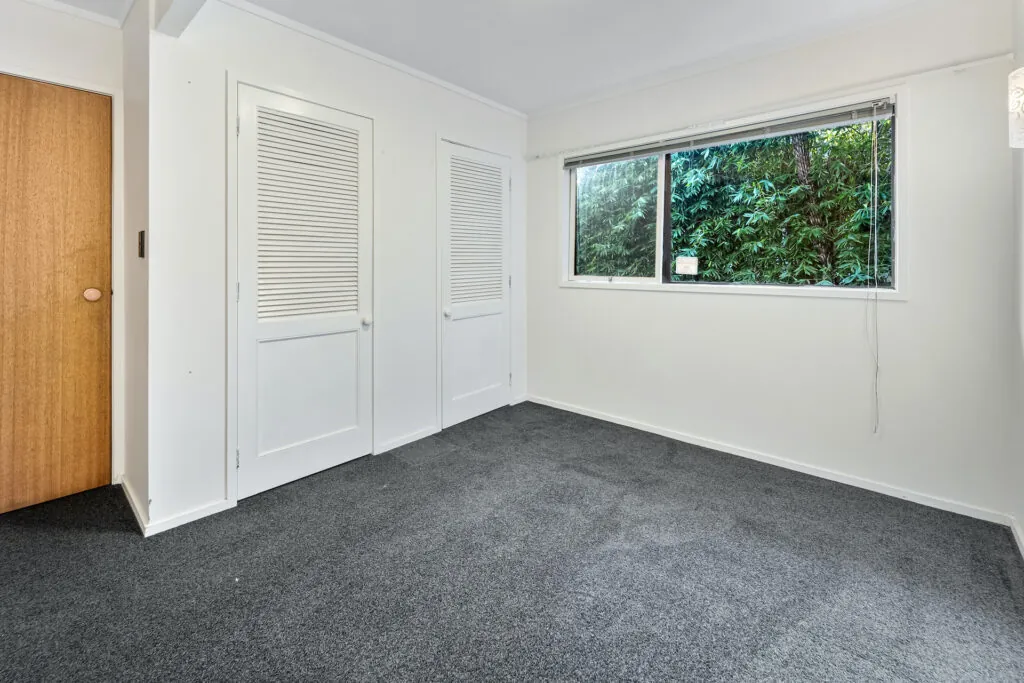

Closed Curtains and Doors: A Flow-Killing Habit in Mistakes Costing in Real Estate Photography
Photos should not only show individual rooms but also demonstrate how they connect. Shooting with closed curtains or doors is a classic mistake costing in real estate photography because it blocks natural light and creates a segmented, cramped feel.
Why It Matters:
Homes that appear well-lit and open are perceived as more spacious and inviting.
Allowing light into a room enhances color, clarity, and emotional appeal.
The Fix:
Open all window coverings to bring in daylight, even if the view outside isn’t perfect (window views can be replaced during editing).
Keep interior doors open to show flow and allow a sense of continuity throughout the house.
For bathrooms or areas where privacy is important, use partial openings or thoughtful angles to preserve both flow and discretion.
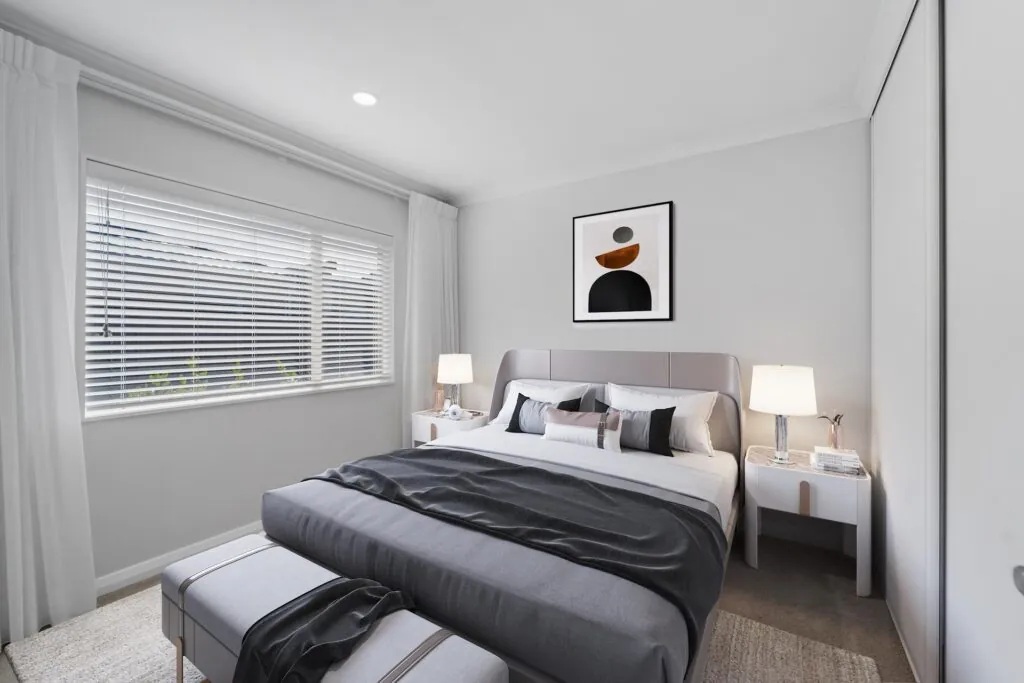
Skimping on Professional Help: The Most Costly of All Mistakes Costing in Real Estate Photography
The decision to DIY real estate photography can be a costly one. While today’s smartphones and editing apps have come a long way, they still fall short of the consistent quality and impact that professionals deliver. Yet many agents continue to cut corners here, thinking it will save money—when in reality, it may be losing them thousands.
This is arguably the most damaging of all mistakes costing in real estate photography because it affects every image across the entire listing.
Why It Matters:
Homes shot by professionals sell for $11,200 more on average than those with amateur images (Redfin).
Listings with professional photos receive 60% more views, increasing the chances of faster and higher offers.
Poor visuals reflect poorly on both the property and the agent, potentially harming reputation.
The Fix:
Hiring a professional real estate photographer should be seen as a return on investment, not an expense. Here’s what you gain:
Proper composition and lighting knowledge tailored to real estate
Access to high-end gear (wide-angle lenses, tripods, lighting tools)
Consistent post-processing, including color correction, object removal, and sky replacement
If hiring a local photographer isn’t feasible, virtual editing services can elevate DIY photos. These services can:
Replace gray skies with blue
Remove clutter or unwanted objects
Virtually stage empty rooms
Straighten, brighten, and enhance every shot
You don’t need to spend thousands—even a $2 sky replacement or $1.60 photo enhancement can dramatically increase a photo’s appeal. Skipping this small investment often leads to homes sitting on the market longer or selling below potential value.
Real Agent Insight:
Top-performing real estate agents treat photography as mission-critical marketing. It’s the equivalent of curb appeal in the digital age. Photos are the first showing—so why treat them like an afterthought?

Before: Empty Room

After: Virtual Staging by Digihomestudio.com
Suggestions for Virtual Staging & Professional Photo Editing Services
If you are looking for a professional virtual staging service at an affordable price, Digihomestudio.com is a worthy place for you to trust and accompany. You can expect to invest around $29 for a meticulously designed and lifelike final image, suitable for showcasing your home across various digital platforms.
We have a network of world-class virtual stage editors and designers in Vietnam. To ensure the best level of service, the customer service team is located in the US.
Our virtual home staging services include:
- Staging for empty or furnished rooms
- 2D and 3D floor plans
- Change the color of the walls and floors
- Virtual renovation
- Erase furniture and small objects
- And much more!
If you’re prepared to elevate your real estate marketing strategies, reach out to Digihomestudio.com now and experience the benefits of collaborating with one of the top virtual staging firms available today.

Virtual Staging by Digihomestudio.com
Final Thoughts: Avoiding the Mistakes Costing in Real Estate Photography Starts with Awareness
These five photography mistakes are the ones most commonly seen in listings that underperform—yet they’re also the easiest to fix. By addressing poor lighting, clutter, crooked shots, blocked flow, and under-investment in visuals, agents and sellers can dramatically increase the appeal and effectiveness of their listings.
Recap:
Mistake 1: Ignoring lighting balance and exposure bracketing
Mistake 2: Skipping home prep and decluttering
Mistake 3: Shooting with crooked angles and poor composition
Mistake 4: Keeping doors and curtains closed
Mistake 5: Avoiding professional help or editing assistance
Each of these mistakes costing in real estate photography reduces the chances of getting the best offer—quickly. High-quality photos don’t just sell homes faster—they elevate your brand, enhance your marketing, and help buyers fall in love with a property before they even visit.


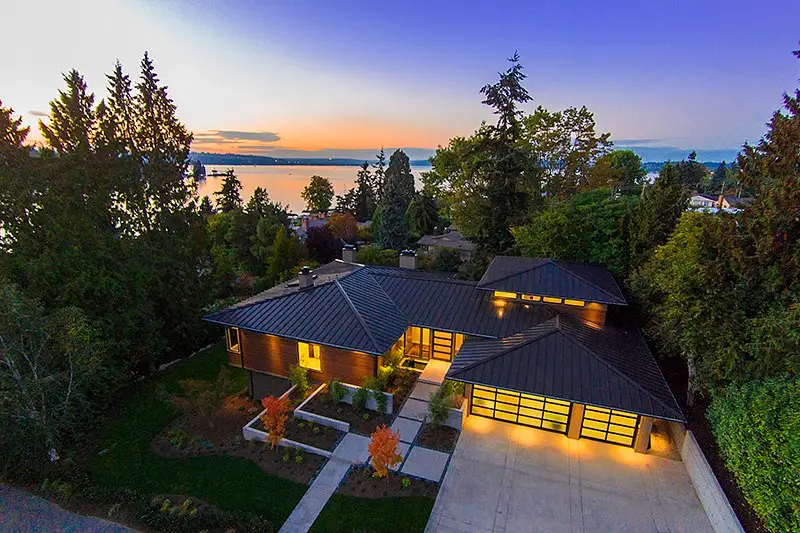


Leave a Reply